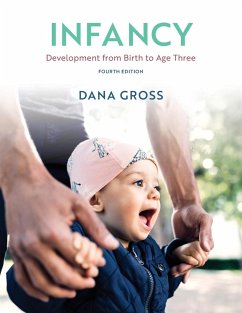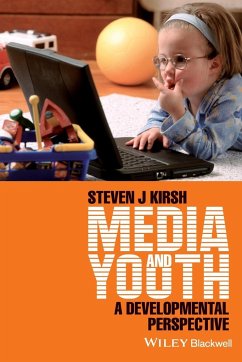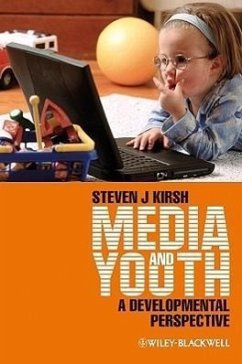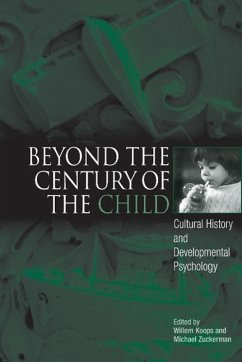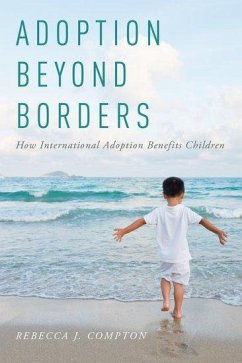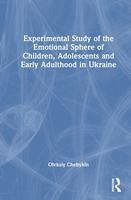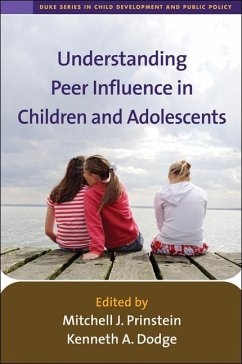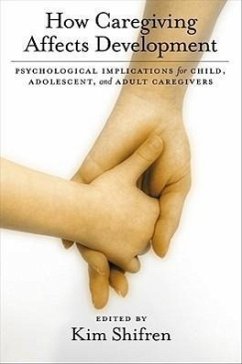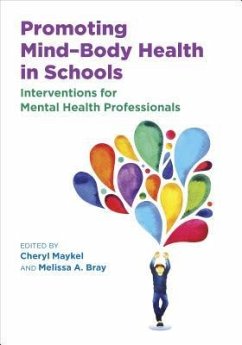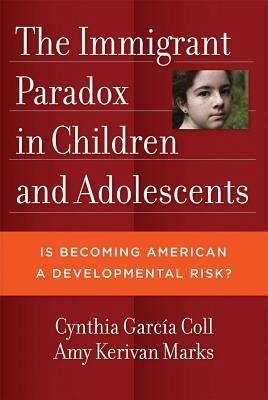
The Immigrant Paradox in Children and Adolescents
Is Becoming American a Developmental Risk?
Herausgeber: García Coll, Cynthia; Marks, Amy
Versandkostenfrei!
Versandfertig in über 4 Wochen
59,99 €
inkl. MwSt.

PAYBACK Punkte
30 °P sammeln!
Many academic and public policies promote the rapid assimilation of immigrants. Yet, researchers have recently identified an emerging pattern, known as the immigrant paradox, in which assimilated children of immigrants experience poorer developmental outcomes and lower educational achievements. This volume examines these controversial findings by asking how and why highly acculturated youth may fare worse academically and developmentally than their less assimilated peers, and under what circumstances this pattern is disrupted. Chapters explore the question "Is becoming American a developmental...
Many academic and public policies promote the rapid assimilation of immigrants. Yet, researchers have recently identified an emerging pattern, known as the immigrant paradox, in which assimilated children of immigrants experience poorer developmental outcomes and lower educational achievements. This volume examines these controversial findings by asking how and why highly acculturated youth may fare worse academically and developmentally than their less assimilated peers, and under what circumstances this pattern is disrupted. Chapters explore the question "Is becoming American a developmental risk?" through a variety of lenses-psychological, sociological, educational, and economic. Contributors compare differential health, behavioral, and educational outcomes for foreign- and native-born children of immigrants across generations. Findings provide counterevidence to the popular notion that immigrant children and families are prone to weaken and drain our social systems of resources.



